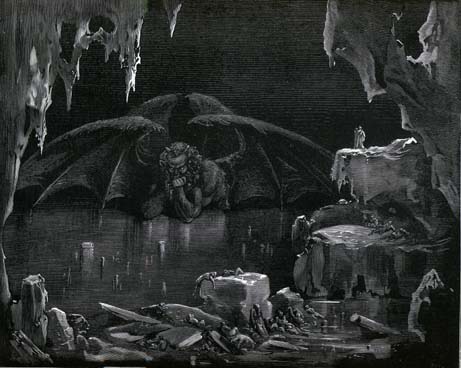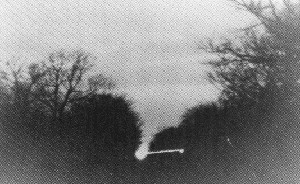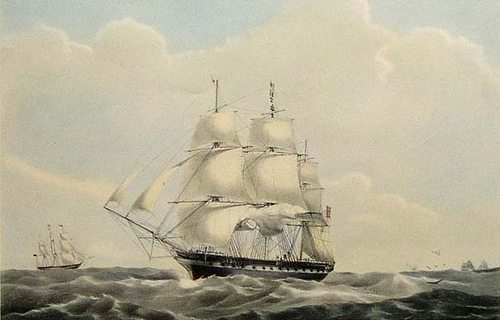A visitor’s description of William Kingston, a Somerset farmer born without arms, recounted in John Platts, Encyclopedia of Natural and Artificial Wonders and Curiosities, 1876:
He highly entertained us at breakfast, by putting his half-naked feet upon the table as he sat, and carrying his tea and toast between his great and second toe to his mouth, with as much facility as if his foot had been a hand, and his toes fingers. … He then shewed me how he shaves himself with the razor in his toes; and he can comb his own hair. He can dress and undress himself, except buttoning his clothes. He feeds himself, and can bring both his meat or his broth to his mouth, by holding the fork or spoon in his toes. He cleans his own shoes, lights the fire, and does almost any domestic business as well as any other man. … He can milk his cows with his toes, and cuts his own hay, binds it up in bundles, and carries it about the field for his cattle. Last winter he had eight heifers constantly to fodder. The last summer he made all his hay-ricks. He can do all the business of the hay-field (except mowing) as fast and as well with his feet as others can with rakes and forks. … In a word, he can nearly do as much without as others can with their arms.




